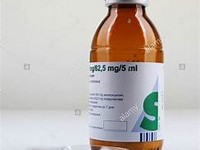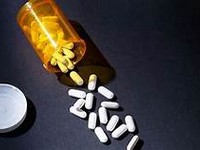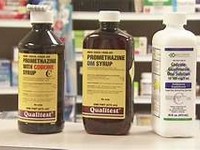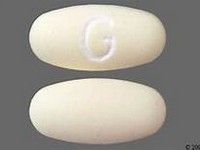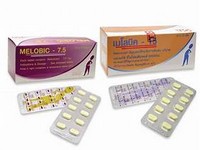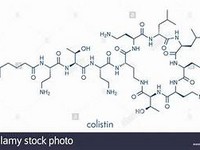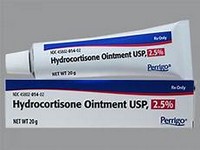Vigabatrin
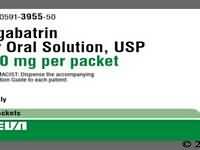
CLINICAL USE
Anti-epileptic agent
DOSE IN NORMAL RENAL FUNCTION
1–3 g daily in single or divided doses
PHARMACOKINETICS
Molecular weight : 129.2 %Protein binding : Negligible %Excreted unchanged in urine : 60–80 Volume of distribution (L/kg) : 0.8 half-life – normal/ESRD (hrs) : 5–8/13–15 DOSE IN RENAL IMPAIRMENT
GFR (mL/MIN)
20 to 50 : Give 50% of normal dose and titrate to response 10 to 20 : Give 50% of normal dose and titrate to response <10 : Give 25% of normal dose and titrate to response DOSE IN PATIENTS UNDERGOING RENAL REPLACEMENT THERAPIES
CAPD : Unknown dialysability. Dose as for GFR <10 mL/min HD : Dialysed. Dose as for GFR <10 mL/min HDF/high flux : Dialysed. Dose as for GFR <10 mL/min CAV/VVHD : Unknown dialysability. Dose as for GFR 10 to 20 mL/min IMPORTANT DRUG INTERACTIONS
Potentially hazardous interactions with other drugs Antidepressants: anticonvulsant effect antagonised, convulsive threshold lowered Anti-epileptics: concentration of phenytoin and possibly phenobarbital and primidone reduced Antimalarials: mefloquine antagonises anticonvulsant effect; chloroquine and hydroxychloroquine occasionally reduce convulsive threshold ADMINISTRATION
Reconstition
– Route
Oral Rate of Administration
– Comments
– .
See how to identify renal failure stages according to GFR calculation
See how to diagnose irreversible renal disease
Home

